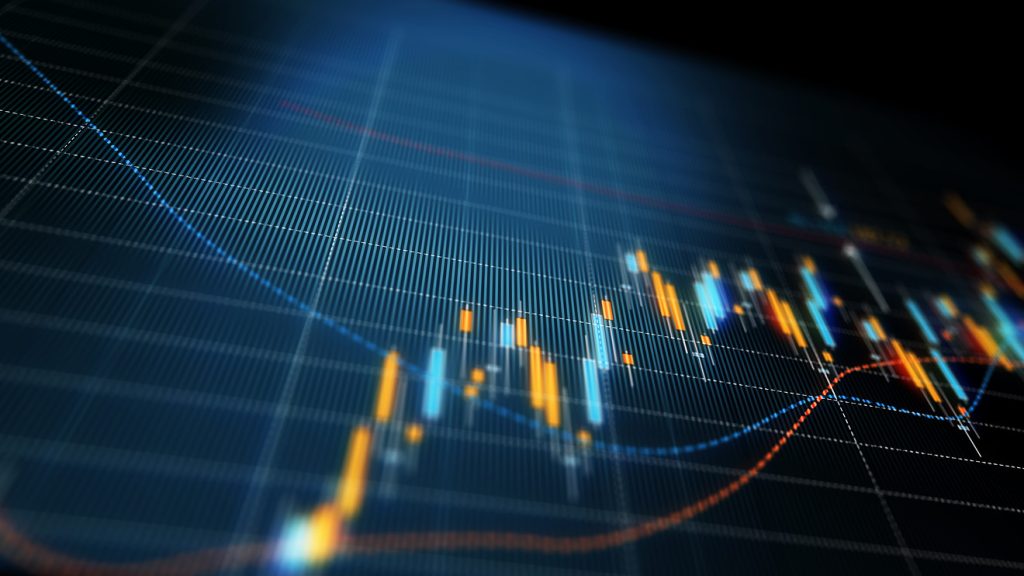A growing share of Americans are falling behind on their credit-card bills as credit-card debt hit a record high in the third quarter.
Credit-card balances rose by $48 billion in July through September, up 4.7% compared to the previous quarter, according to the latest report on household debt from the Federal Reserve Bank of New York. That puts Americans’ total credit-card debt at a record high of $1.08 trillion, up $154 billion from a year ago, the biggest yearly increase on record since the New York Fed started tracking the numbers in 1999.
A separate report from WalletHub noted that total household debt, including mortgages, auto loans and other borrowing, hit a record high of $17.3 trillion, but when adjusted for inflation, the total was 7% below its peak in 2008. Total credit-card debt was $189 billion below its 2008 all-time high when adjusted for inflation, according to WalletHub.
While the jump in credit-card balances in the third quarter is in line with the overall picture of strong consumer spending, some groups are feeling financial strains as a result, New York Fed researchers said.
Delinquency rates on credit-card bills continued to rise, with the sharpest increase among borrowers aged 30 to 39.
“The continued rise in credit card delinquency rates is broad-based across area income and region, but particularly pronounced among millennials and those with auto loans or student loans,” said Donghoon Lee, economic research advisor at the New York Fed.
In the third quarter, an estimated 5.78% of credit-card debts became “serious” delinquencies, meaning the bill had not been paid in 90 days or longer. The rate was 3.69% in the same period last year.
While all generations saw an increase in the share of their credit-card debt that became delinquent by 90 days or more, the rate among millennials hit more than 9% in the third quarter, surpassing the 2019 level for that age group, which was an estimated 6%. Credit-card delinquency rates rose fastest among low-income borrowers, the New York Fed data showed.
Millennials carry a significant amount of student debt, and many of them purchased cars during the pandemic when auto prices were soaring to record highs, the researchers said. Student loan repayment re-started in October after pausing for three years. The combination of student loans and steep auto payments could lead this group to struggle more than others, researchers said.
Despite the increase in credit-card delinquencies, the total number of Americans who were behind on their credit-card bills was still below pre-pandemic levels, but the gap is closing, New York Fed researchers said. Combined with the fact that individuals are increasingly becoming newly delinquent on their credit-card and auto bills, it is concerning, they said. About 2% of credit-card borrowers became newly delinquent in the third quarter, up from the pre-pandemic rate that hovered around 1.8%, according to the New York Fed data.
During the pandemic, extra cash coming from the government and limited opportunities to spend helped many people to pay down debts.
Recent data from VantageScore also showed a jump in newly delinquent debts in September. Heading into the holiday season, pressure to shop and buy gifts could drag down consumers’ financial well-being, which was already under pressure from high inflation and high interest rates, experts said.
The NY Fed’s household debt report comes as consumers are sending some mixed signals about their financial health. Consumer spending has been robust in recent economic reports, but company CEOs have said they’ve seen evidence of households trimming their spending because of high inflation, even on essentials such as food. Some economists have said consumers may not be able sustain their brisk spending, because although the labor market remains strong, real income growth has slowed, and some households are relying on their savings to fuel spending.
Read the full article here







